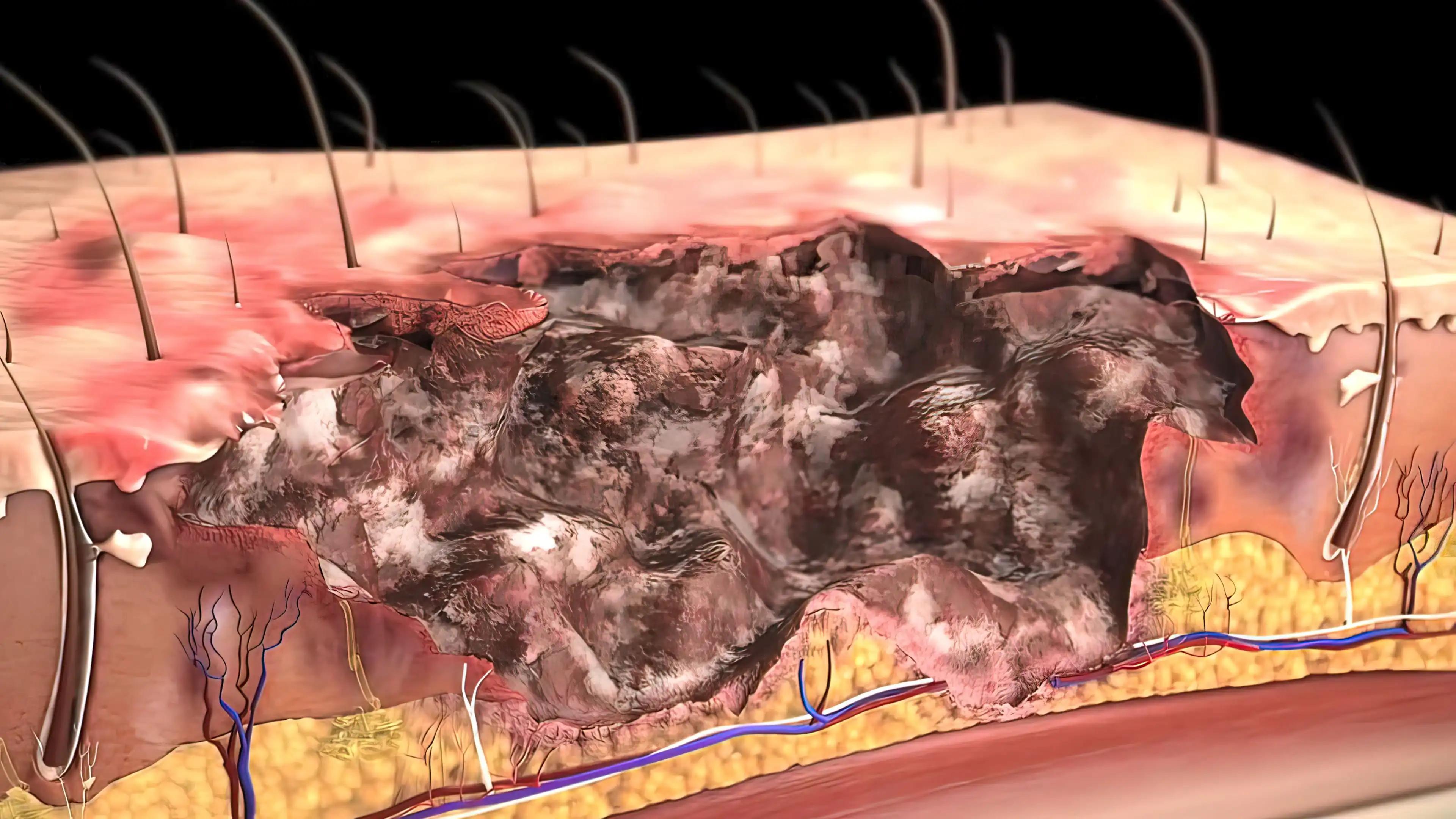KEY TAKEAWAYS
- A post-hoc analysis of JUPITER-06 study found that adding PD-1 antibody to chemotherapy was more effective than chemotherapy alone for low PD-L1-expressing ESCC.
- Significant improvement in OS, prolonged PFS, and objective response rate were seen in patients who received the combination therapy to chemotherapy alone.
- Predictive biomarkers may help identify patients with low PD-L1-expressing ESCC who would benefit most from treatment.
Patients with ESCC were primarily treated with chemotherapy and radiation for many years. However, an novel therapeutic approach has emerged in recent years, which combines conventional chemotherapy with immunotherapy in the form of a programmed death-1 (PD-1) antibody. Pembrolizumab or nivolumab plus chemotherapy was approved as a first-line treatment of ESCC. The European Medicines Agency has authorized this combination to treat patients with PD-L1-high ESCC, and the Food and Drug Administration has approved it for use in all patients with ESCC.
For patients with low PD-L1-expressing ESCC, the therapeutic benefit of PD-1 antibodies combined with chemotherapy is still debatable. Therefore, a post hoc analysis was performed of the Chinese JUPITER-06 study, separating patients into groups according to their PD-L1 tumor percentage score (TPS). When comparing the high PD-L1-expressing group with the low PD-L1-expressing group, the study showed that the PD-1 antibody and chemotherapy combination was more effective than chemotherapy alone in both cases.
Furthermore, a meta-analysis of 5 randomized controlled studies validated the conclusion. Also, two PD-L1 expression scoring criteria, TPS (≥ 1%/< 1%) and combined positive score (CPS, ≥ 10/< 10), were analyzed. As a result, overall survival (TPS < 1% (HR, 0.74; 95% CI, 0.56 to 0.97) and CPS < 10 (HR, 0.77; 95% CI, 0.66 to 0.89) subgroups), progression-free survival (TPS < 1% (HR, 0.66; 95% CI, 0.50 to 0.86) and CPS < 10 (HR, 0.63; 95% CI, 0.47 to 0.84) subgroups), and objective response rate were considerably better for patients with low PD-L1 expression who got combination treatment than those who had chemotherapy alone, according to the study.
These results indicate that individuals with low PD-L1-expressing ESCC may benefit from a combination of PD-1 antibody and chemotherapy. However, patients in this situation may not have reacted to chemotherapy by itself, which is extremely crucial.
Using PD-1 antibody in combination with chemotherapy to treat individuals with low PD-L1 expression in ESCC is a significant step forward in managing this illness. However, further investigation is required to identify which patients would most benefit from this therapy combination. Predictive biomarkers, for instance, might be used to zero in on those most likely to benefit from treatment.
Additionally, more research is required to establish the best dosing and administration timing for PD-1 antibody combo treatment. It’s possible that not all patients may respond well to the dosage and administration schedule tested in the JUPITER-06 study. For certain individuals, higher results may be achieved by combining a PD-1 antibody with chemotherapy. Lastly, the price tag associated with PD-1 antibody combo treatment must be considered. Low PD-L1-expressing ESCC has this therapy as a potential therapeutic option. However, not all patients can afford it.
This meta-analysis and subsequent analysis support the use of PD-1 antibody combined chemotherapy for low PD-L1-expressing ESCC. However, in addition to identifying predictive biomarkers that may be used to choose individuals most likely to benefit from the combination medication, further study is required to discover the most effective dosing and administration schedules. Moreover, the price tag attached to the therapy has to be included so that no one is denied access to the potentially life-saving care that is being offered.
Source:https://pubmed.ncbi.nlm.nih.gov/36473145/
Clinical Trial:https://clin.larvol.com/trial/NCT03143153
Wu HX, Pan YQ, He Y, Wang ZX, Guan WL, Chen YX, Yao YC, Shao NY, Xu RH, Wang F. Clinical Benefit of First-Line Programmed Death-1 Antibody Plus Chemotherapy in Low Programmed Cell Death Ligand 1-Expressing Esophageal Squamous Cell Carcinoma: A Post Hoc Analysis of JUPITER-06 and Meta-Analysis. J Clin Oncol. 2022 Dec 6:JCO2201490. doi: 10.1200/JCO.22.01490. Epub ahead of print. PMID: 36473145.



